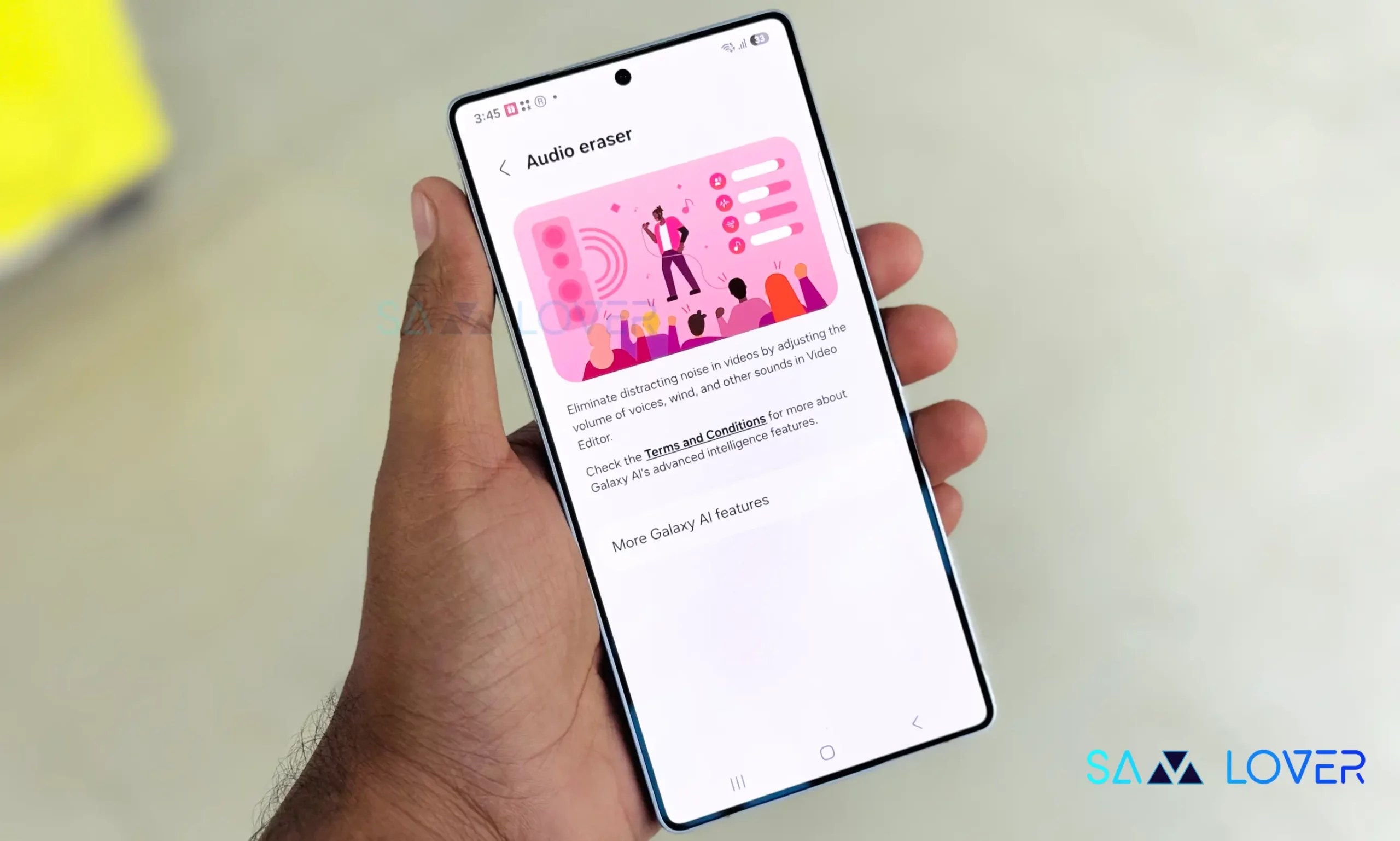Traditionally, home services in India, including cleaning, dishwashing, and laundry, have been operated offline and informally. However, this has often led to delays and uncertainties for consumers, as well as inconsistent pay and job insecurity for workers. Recently, startups have begun to recognize the potential for transformation in this area, leveraging technology to bring predictability, scalability, and structure to the industry.
Snabbit, founded last year, is one of the pioneers in this field, enabling customers to book high-frequency home services, including cleaning, dishwashing, laundry, and kitchen preparation, through its app, with delivery as fast as 10 minutes. The startup has now secured $19 million in a Series B round led by Lightspeed, with participation from its existing investors Elevation Capital and Nexus Venture Partners, at a post-money valuation of $80 million to expand its presence.
The 15-month-old startup launched its quick-service platform in Mumbai, the financial capital of India, after its founder and CEO, Aayush Agarwal, personally experienced the challenges of finding reliable home services. Agarwal recounted that his mother had to travel from Kolkata to help him find a new domestic worker, highlighting the difficulties of finding trustworthy services.
Agarwal noted, “In a world where convenience is just a button press away, it’s surprising that finding someone for a simple service at home can be so difficult.” He emphasized the need for a reliable and efficient solution, which Snabbit aims to provide.
Snabbit conducted experiments early last year and initially operated in one micro market in Mumbai before expanding to seven markets in the city and one in Bengaluru. The startup has taken a “full-stack approach” to sourcing, screening, training, onboarding, and managing workers, who are referred to as “experts.” Once hired, these workers are relocated close to Snabbit’s demand centers to ensure timely service delivery.
Snabbit is not the only player in this market, as established companies like Urban Company have also launched similar services. However, Urban Company faced criticism for its initial messaging and naming, which was later corrected. Newer entrants, including Broomees and Pronto, have also joined the market, with Pronto recently securing seed funding from Bain Capital Ventures.
Agarwal acknowledged the increasing competition, stating, “We know the market is heating up, with new players entering and getting funded. However, we believe this is beneficial for us as long as we continue to execute relentlessly.”
Snabbit charges customers between ₹169 (approximately $2) and ₹499 (nearly $6) for services lasting up to 240 minutes. Although the pricing is higher than that of Urban Company’s Insta Help, which starts at ₹49 (50 cents), Agarwal claimed that the startup has continued to grow and scale despite the competition.
Agarwal hopes to differentiate Snabbit through its consistent customer experience, leveraging an in-house tech stack that includes an internal CRM tool, a sourcing and screening pipeline, and an eKYC process to comply with local regulations.
Snabbit currently has over 600 workers on its platform, with each covering a median walking distance of 300 meters between jobs. The startup has partnered with mobility startup Yulu to provide e-bikes to its women workers, allowing them to cover larger distances. Agarwal aims to reduce the median distance for workers as the company scales.
The average ticket size on Snabbit’s platform is between ₹250-₹270 (approximately $3), while workers completing a 12-hour shift can earn upward of ₹40,000 ($470) per month. For working 4 hours a day, workers can earn over ₹10,000 ($120) per month, with bonuses also available.
Agarwal argued that Snabbit’s workers can earn more than the typical ₹9,000 ($100) paid to domestic helpers in urban areas, according to the International Domestic Workers Federation.
Better treatment for domestic workers
Snabbit provides personal life insurance, health insurance, and accidental insurance to all its workers, as well as family insurance to those who have been with the startup for some time.
Workplace abuse is a significant concern for domestic workers in India, where protective laws are lacking. Snabbit has introduced an SOS feature on its app, allowing workers to call a field operations team for assistance in emergency situations.
Over the last four months, Snabbit has grown 5x and is currently expanding at a rate of 20% week-over-week. The startup plans to expand to over 200 micro markets across metro cities in India within the next nine months, utilizing the fresh capital to hire more employees and scale its operations.
However, the success of hyperlocal consumer apps is not guaranteed, as seen in the failures of food delivery models globally and in India. Instant food delivery models introduced by quick commerce platforms like Zepto and Zomato have struggled, with Zepto pausing its 10-minute cafe services and Zomato halting its 15-minute food delivery service.
The cost of acquiring customers and providing suppliers in their location is expensive and often difficult to sustain over time. In Snabbit’s case, the customer acquisition cost is ₹700 ($8), while the average ticket size is approximately $3.
Snabbit has onboarded over 25,000 customers so far, with an average customer transacting on the platform at least three times a month, according to Agarwal.
Agarwal claimed, “Our retention rates are comparable to those of other consumer internet companies, such as Zepto or Swiggy.” However, it remains to be seen how Snabbit can retain its customers over time and beat the competition while scaling and expanding its market in India.
Rahul Taneja, a partner at Lightspeed, stated, “Snabbit is transforming home services in India by bringing speed, structure, and trust to a sector that has largely operated informally until now. We are excited to join them on this journey and support their mission to transform and scale what was once considered a luxury into a day-to-day necessity.”
Source Link





